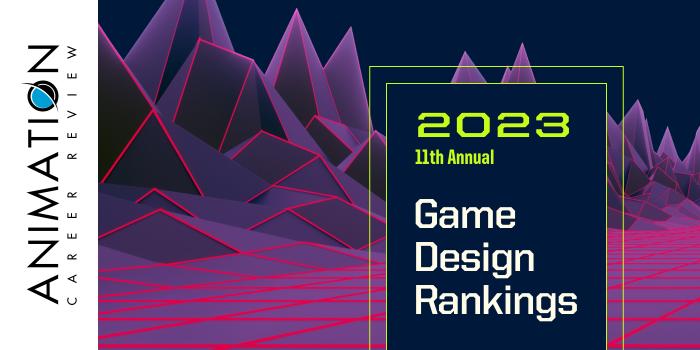The College of Social & Behavioral Sciences at University of Arizona (UA or UArizona) houses the School of Information (iSchool). Arizona’s only iSchool, the School of Information emphasizes multidisciplinary studies in a collaborative, hands-on learning environment. Program options here include the Game Design & Development BS and a 12 credit hour Games and Simulation Certificate. Course examples across both programs include Game Programming, Machine Learning, Algorithms for Games, Artificial Intelligence (AI), Virtual Reality, Computing and the Arts, and Advanced Game Development.
Students in all iSchool programs have the opportunity to participate in AU’s internship program and/or study abroad in one of more than 60 countries. The internship program provides a connection to local and national companies such as Hydrant, Octavia Digital Media, and the Enterprise Technology Division of State Farm.
Graduates of the iSchool at University of Arizona go on to establish careers in game design and development, digital marketing, and UI/UX design, among others.
University of Arizona has two additional program option for students who would like to establish a career in the emerging field of Games and Behavior or those interested in a humanities-based degree. Programs include the Games and Behavior BA and the BA in Applied Humanities with a Game Studies Emphasis.
In addition to entertainment, the unique Games and Behavior BA program explores game design for health and wellness, education, job training, and social support. Housed in the College of Social & Behavioral Sciences, the Games and Behavior BA explores psychology of play, game design and development, storytelling, audio technologies, and multimedia. Two focus areas allow students to specialize in Art of Games or Game Futures.
Course examples for the Art of Games Focus include Digital Storytelling and Culture, Technology of Sound, and Simulation Design and Development for Complex Problem Solving. Course examples for the Game Futures Focus include Diversity and Bias in Games, Data Mining and Discovery, and Disruptive Technologies. Core courses across both areas include eSports Industries, Gamification in Society, Ethics in a Digital World, and Monetizing Independent Gaming.
Graduates of the University of Arizona Games and Behavior BA Program are prepared to pursue careers in wide variety of fields such as Educational Games, Recreational Games, Digital Marketing, Medical and Simulation Games, and Gamification Design Consulting.
Housed in the College of Humanities, the Applied Studies BA with a Game Studies Emphasis consists of courses such as Introduction to Game Design, Global Video Game Cultures and Their Origins, Video Game Studies: Critical/Cultural Approaches, Introduction to Game Development, Applied Humanities Practice: Techniques and Technologies for Public Enrichment, Video Games as Artifacts: Appreciating Interactive Multimedia Entertainment, and The Video Game Industry: An Introduction to the Business of Making Money with Play. Students will complete an internship, portfolio, and Senior Capstone.
Graduates of the Applied Studies BA with a Game Studies Emphasis are prepared to pursue positions in the Global Game Industry, as well as Game and Media Journalism, Digital Humanities, New Media Policy, Digital Culture Studies, Entrepreneurship, Finance, and Law.
Established in 1885, University of Arizona was the first university in the state. A land-grant institution, UA opened with just a few students. Today, University of Arizona serves approximately 51,135 students, making it one of the state’s largest post-secondary institutions. UArizona offers more than 300 undergraduate majors and graduate programs in 150+ areas of study. Programs are offered across 20 colleges and nearly two dozen specialized schools. University of Arizona is accredited by the Higher Learning Commission (HLC).





